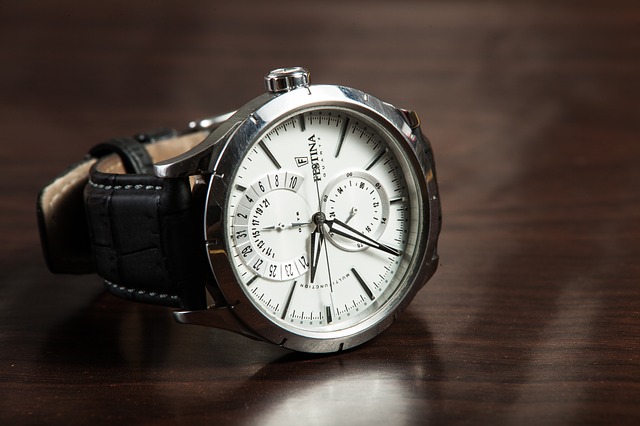Other Missing Forms in Russian Posted by Maria on Sep 1, 2016 in language
Last time, were talked about some verb forms that don’t exist in Russian and some ways around these limitations. However, “missing” forms are not limited to verbs. Let us look at three other cases. These examples may not be immediately practical for beginner learners, who are welcome to check out our basic Russian posts.
Dream On
Add you may know, мечта is the Russian for a dream. Note that the dream you have while sleeping is called сон, the same as sleep.
Мечта declines normally in all forms except for the genitive plural. So, for instance, you cannot say “У меня много мечт” (I have many dreams). This idiosyncrasy has led to such humorous wishes as “желаю сбычи мечт” (I hope your dreams come true): neither сбыча nor мечт is an existing word. The same idea can be expressed correctly by saying “желаю, чтобы твои мечты сбылись.”
If you absolutely need to use the genitive plural from, pick мечтаний. Мечтания is a somewhere bookish word for “desires, aspirations.”
Какие это были радостные дни, недели, месяцы, полные надежд и мечтаний о возрождении Художественного театра! (What happy days, weeks, months these were, full of hopes and dreams for a revival of the Art Theatre!) [Владлен Давыдов. Театр моей мечты (2004)]
22 Days
Сутки is an interesting word in Russian and probably deserves a separate post. This plurale tantum (plural only) word refers to a 24-hour period, which allows you to distinguish between день as in the daytime and сутки as in the entire 24-hour day. A one-word equivalent for 24/7 is круглосуточно.
If we want to refer to one such period, we say одни сутки. For periods from two to four days, use collective numerals: двое, трое, четверо суток. From five up we use “normal” cardinal numbers: пять, десять, пятнадцать суток. That works up to and including 20: двадцать суток. As Russian nouns following numbers ending in one formally have the singular form, we say двадцать одни сутки for 21 days.
Once we get to 22, however, to be consistent with two, or first instinct is to say двадцать двое, but collective numerals don’t go that high. Consequently, for numbers above 21, we have to abandon the convenient сутки and revert to using день: двадцать два дня.
Летали они 22 дня, и, несмотря на тщательную подготовку, пришлось собачкам несладко (Their flight took 22 days, and, despite thorough training, the dogs had a rough time). [Юрий Сенкевич. Путешествие длиною в жизнь (1999)]
One Does Not Simply
Many European languages have convenient pronouns to say “one,” as in whoever were talking about–on, man, uno, and so on. Russian has a nifty reflexive pronoun that refers back to whoever the subject of your sentence or clause was: себя. So you can say “Я люблю себя, ты веришь в себя” (I love myself, you believe in yourself) etc. We covered this pronoun and its declension in a previous post.
The flip side of its versatility is that себя does not have a nominative form If you need to make a general statement, use ты forms instead.
Пойдёшь на вечеринку на какую-нибудь или к кому-нибудь на свадьбу, а там кто-нибудь заснимет всё на видео, а ещё потом при случае будешь смотреть эту запись и удивляться… (So you go to someone’s party or wedding, and someone films all of this, and then you watch that recording when the time comes and feel surprised…) [Евгений Гришковец. ОдноврЕмЕнно (2004)]
So hopefully this was exciting to see, if not immediately useful. Is there anything I mentioned in this post that you would like to learn more about?

Build vocabulary, practice pronunciation, and more with Transparent Language Online. Available anytime, anywhere, on any device.





